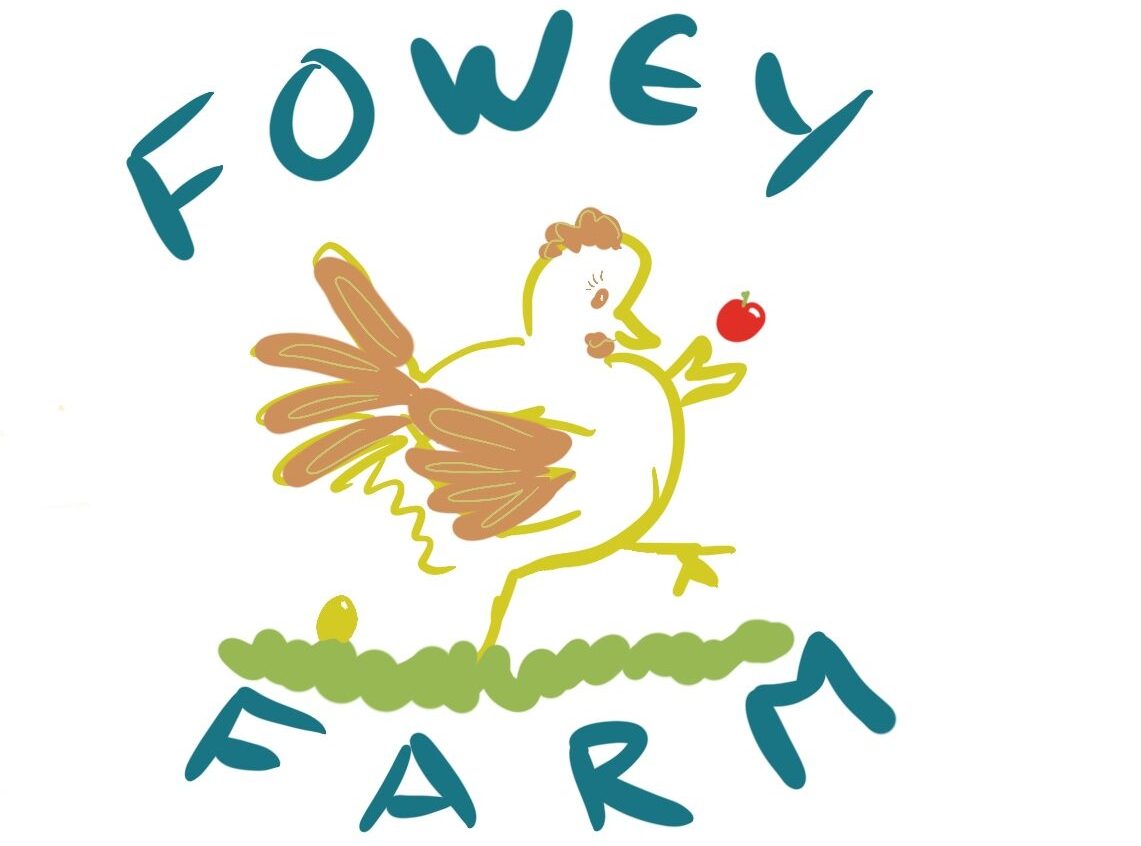Respect: It’s Not About Liking Each Other, But It’s Still Essential
Respect. It’s a word we hear a lot, but what does it actually mean, especially when it comes to the relationships between young people and the adults in their lives?
Let’s break it down. Respect doesn’t mean you have to like someone. You might not like your teacher’s strict homework policy, or always agree with a police officer’s decisions. And that’s okay. But respect means you acknowledge their authority and treat them with basic courtesy. It means listening, even when you disagree, and communicating your own views in a calm and respectful way.
Why is this so important?
- It builds trust: When young people feel respected by adults, they’re more likely to trust them. This is crucial for youth workers trying to build rapport, teachers creating a safe classroom environment, and police officers interacting with young people in the community.
- It sets an example: When adults model respectful behaviour, they teach young people how to interact with others in a positive way. This helps young people develop healthy relationships with their peers, family, and other adults in their lives.
- It creates a more positive environment: Respectful interactions lead to a more harmonious atmosphere at home, in school, and in the community.
What happens when respect breaks down?
Things can get messy. Young people might feel unheard and disrespected, leading to anger, resentment, and a breakdown in communication. Adults might feel frustrated and lose their ability to effectively guide and support young people.
Rudeness? It never helps. It just escalates conflict and makes it harder to find common ground.
The bottom line? Respect is the foundation of any healthy relationship, even when disagreements arise. It’s about valuing each other, communicating effectively, and working together to create positive change.
Discover more from Fowey River Academy School Farm
Subscribe to get the latest posts sent to your email.

Leave a Reply